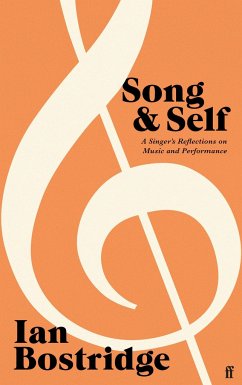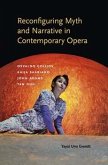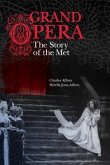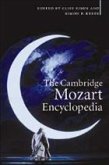§Accustomed to being centre stage, international award-winning singer Ian Bostridge, like so many performers, spent much of 2020 and 2021 unable to take part in live music. It led him to question an identity previously defined by communicating directly with audiences.
This enforced silence allowed Bostridge the opportunity to explore the backstories of some of the many works that he has performed - works such as Claudio Monteverdi's seventeenth-century masterpiece Il combattimento di Tancredi e Clorinda and Schumann's ever popular song cycle Frauenliebe und Leben. The complex world of a single song by Ravel from the Chansons madécasses has always haunted and unnerved Bostridge, while his immersion in Benjamin Britten's confrontations with death, in life and art, have given him much food for thought.
Based on his Berlin Family Lectures, delivered at the University of Chicago in the Spring of 2020, Bostridge guides us on a fascinating journey beneath the surface of these iconic works. His underlying questions as a performer drive the narrative: what does it mean for audiences when a singer inhabits these roles? And what does a performer's own identity subtract from or add to the identities inherent in the works themselves?
This enforced silence allowed Bostridge the opportunity to explore the backstories of some of the many works that he has performed - works such as Claudio Monteverdi's seventeenth-century masterpiece Il combattimento di Tancredi e Clorinda and Schumann's ever popular song cycle Frauenliebe und Leben. The complex world of a single song by Ravel from the Chansons madécasses has always haunted and unnerved Bostridge, while his immersion in Benjamin Britten's confrontations with death, in life and art, have given him much food for thought.
Based on his Berlin Family Lectures, delivered at the University of Chicago in the Spring of 2020, Bostridge guides us on a fascinating journey beneath the surface of these iconic works. His underlying questions as a performer drive the narrative: what does it mean for audiences when a singer inhabits these roles? And what does a performer's own identity subtract from or add to the identities inherent in the works themselves?








